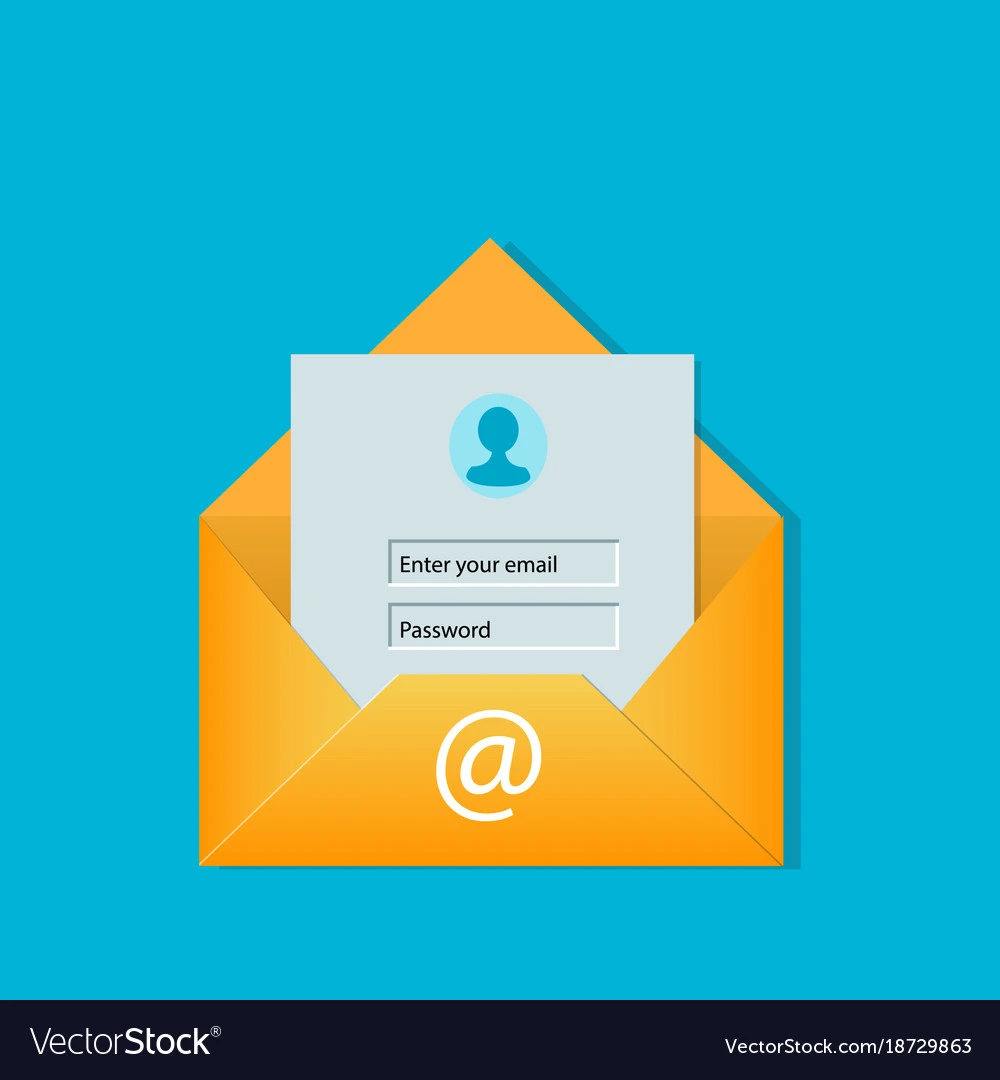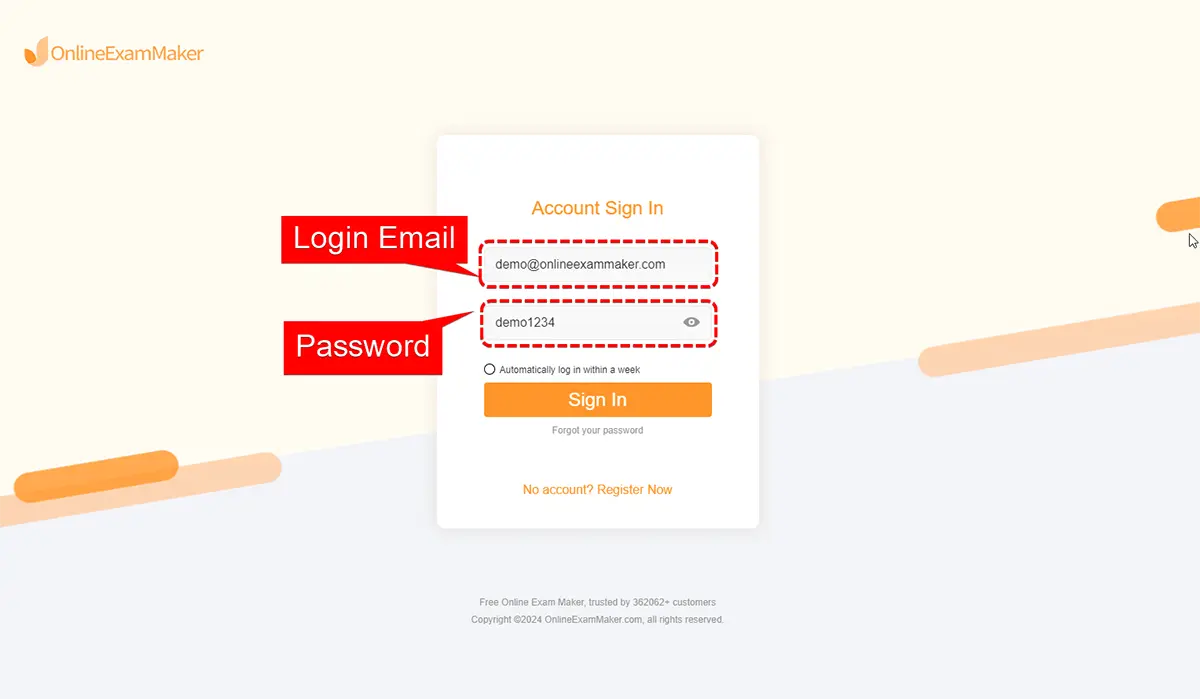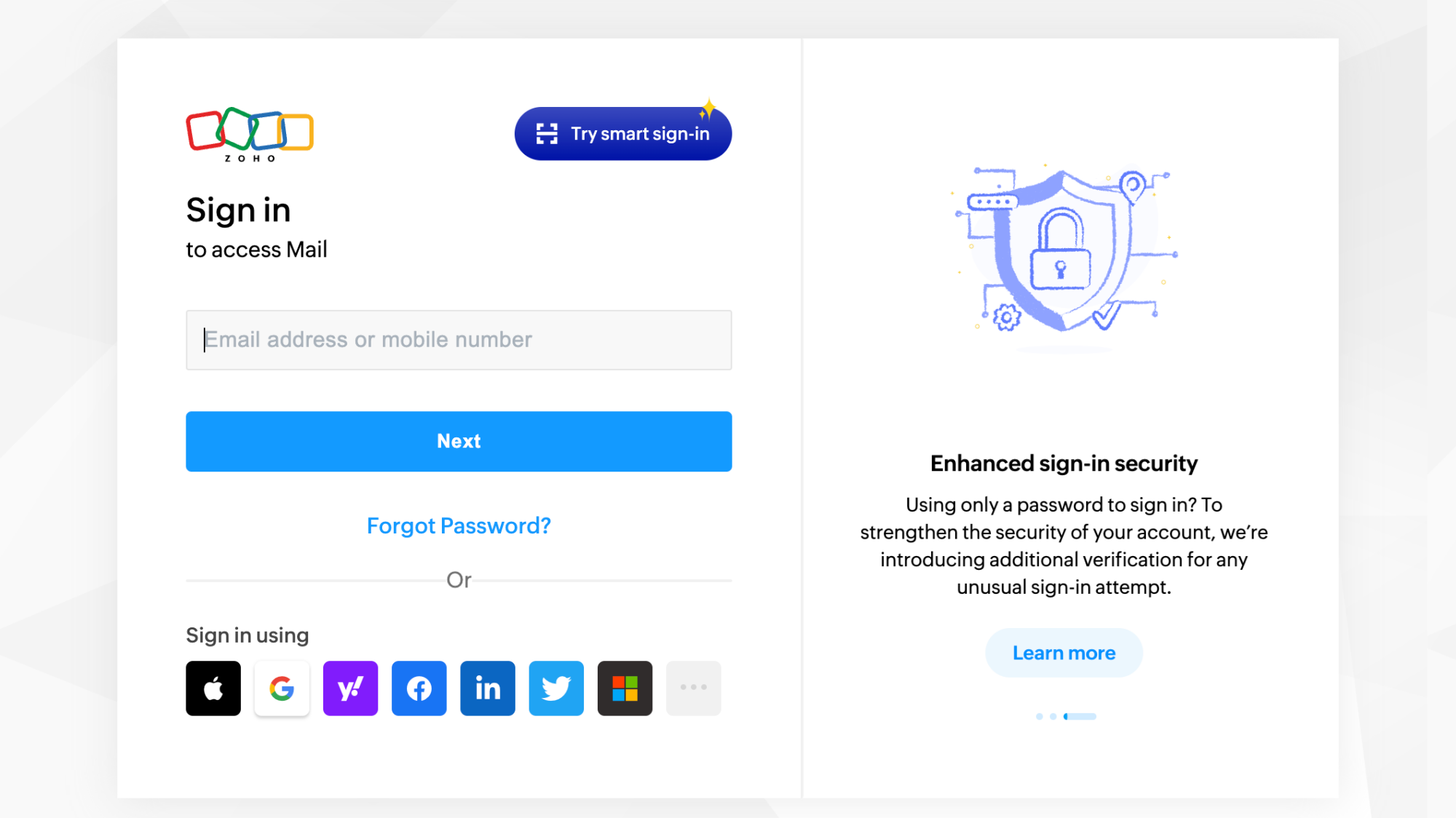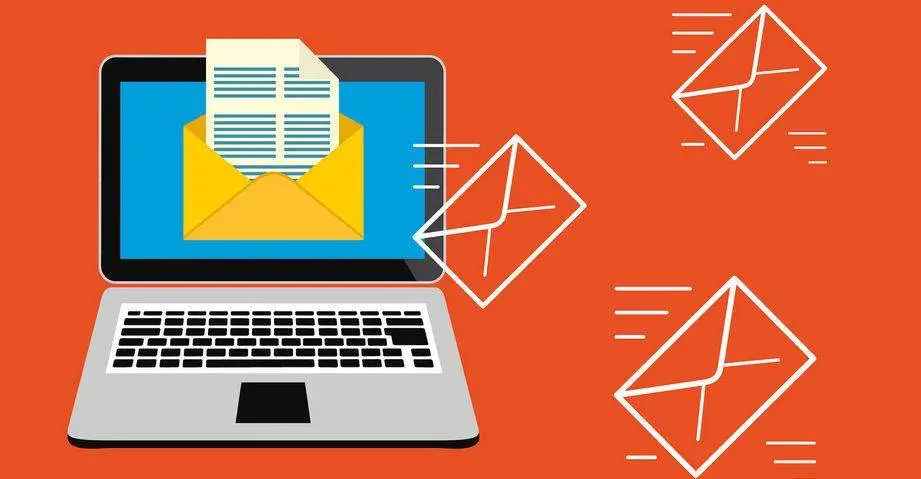The Ultimate Guide to Exploring the Top Free Email Services for 2024
Email is a cornerstone of modern communication. It is difficult to imagine life without it. From personal to professional purposes, having an email address is a necessity in today's digital era. You might be wondering: how do you choose the right email service among the plethora of options out there? Fear not, because SEOMaster2024 is here to alleviate your concerns and help you make an informed decision.
This article will explore the top free email services available in 2024, so you can choose the one that best fits your needs. Whether you're seeking ample storage, a simple interface, or advanced features, our expert analysis has you covered. Let's dive in and unravel the secrets to finding the perfect email service!
What to Look for in a Free Email Service
Regarded as the backbone of online communication, email services should ideally be robust, flexible, and adaptable to our evolving digital requirements. The following considerations are vital when exploring free email services:
1. Usability and Interface
Nobody wants a cluttered, complicated interface that makes email management a chore. Simplicity and intuitiveness are desirable qualities in an email service provider. Look for platforms that offer a clean, user-friendly design, allowing you to navigate and execute tasks with ease.
2. Storage Capacity
The allure of ample storage capacity is hard to resist, especially when you have numerous important emails to store. Backups, old conversations, and files take up significant space, so a generous storage allowance is ideal.
3. Features and Functionality
While you may not necessarily want to pay for additional features, there are certain must-haves that can make your email experience significantly better. These include integration with other apps, automated responses, inbox organisation tools, and more.
4. Privacy and Security
In the age of cyber threats and data breaches, privacy and security are paramount. Ensuring your emails are adequately protected is vital. Look for services that emphasise security features like end-to-end encryption, two-factor authentication, and robust privacy policies.
5. Mobility and Compatibility
Accessing emails on the go is increasingly important, with most people using mobile devices for quick checks and responses. An email service that maintains functionality and efficiency across various platforms, including desktop and mobile, is a plus.
6. Customer Support
Let's be honest: no matter how user-friendly an email service is, queries and hiccups are inevitable. Having access to responsive and effective customer support can save you time and spare you frustration when issues arise.
The Best Free Email Services of 2024
Discover the top-performing free email services to leverage in 2024, taking into account their unique attributes, features, and potentials. Here is a summary of the best services:
1. Gmail (Google)
rower: Google LLC Initial Release: April 1, 2004
Google's Gmail has dominated the email landscape for years and is still a top choice in 2024. It offers a generous 15 GB of storage space right off the bat, seamless integration with other Google services, and a user-friendly interface that is easy to navigate. Mobile users will appreciate the intuitive features, such as the "Snooze" option and the ability to reply to emails via Google Assistant.
Gmail's advanced spam detection and artificial intelligence-driven sorting keep your inbox organised and reduce the clutter. For those seeking extra features, Gmail's Labs offer innovative add-ons to enhance your email experience. However, some users may be concerned about privacy issues, given Google's history with data collection.
2. Outlook (Microsoft)
Developer: Microsoft Corporation Initial Release: July 31, 2012
Microsoft's Outlook is another heavy-weight contender in the free email service market. Though it debuted slightly later than Gmail, it has made strides in usability and functionality.
With a clean interface and seamless integration with other Microsoft services, Outlook checks many boxes for professionals and personal users alike. It offers a decent 5 GB of storage space, and you can boost this limit to 50 GB with a OneDrive subscription.
The service provides several useful features, like calendar events, task management, and seamless integration with Microsoft Office, making it a popular choice for those accustomed to the Microsoft ecosystem. However, outside of this ecosystem, Outlook's functionality loses some of its allure.
3. Yahoo! Mail
Developer: Yahoo! Inc. Initial Release: October 8, 1997
Yahoo! Mail is a veteran in the email domain, with an impressive track record of nearly 25 years. It offers a substantial 1 TB of storage space, allowing you to store plenty of files, documents, and photos.
The platform boasts a user-friendly design, allowing for intuitive actions like drag-and-drop sorting. Similar to Gmail, it features a powerful spam filter and a 'Unsend' option, enabling users to recall emails within a specified time frame.
Yahoo! Mail integrates with other Yahoo! services, including news, finance, and sports apps, proving useful for those who already use Yahoo! services. However, its compatibility beyond the Yahoo! ecosystem is somewhat limited.
4. Proton Mail
Developer: Proton AG Initial Release: May 16, 2016
Proton Mail is a compelling choice for those prioritizing privacy and security in their email service. Founded by a group of scientists and engineers, this Swiss-based company emphasises encryption and user-centric data protection.
With end-to-end encryption and additional security features, keeping your data secure becomes a top priority. Proton Mail offers a generous free plan with unlimited messages and 150 messages per day. Plus, it provides 10 GB of data and supports common email protocols for compatibility with other email services.
If you value privacy and security, Proton Mail could be the ideal choice. However, those looking for extensive storage or advanced functionality may find it lacking.
5. Zoho Mail
Developer: Zoho Corporation Initial Release: October 22, 2005
Zoho Mail is a worthy contender, offering robust features and a clean interface. It provides up to 5 GB of storage space, which can be boosted to 25 GB with a Zoho WorkDrive subscription. The platform integrates seamlessly with other Zoho apps, like Zoho Docs, Zoho Sheet, and Zoho CRM, opening up numerous productivity possibilities.
It may not be as well known as Gmail or Outlook, but don't let that fool you. Zoho Mail offers comparable functionality and is optimised for mobile use. It also provides several advanced features, like email folders, a snooze option, and tags for better email management.
Zoho Mail could be an excellent choice for those already using other Zoho apps or seeking an advanced feature set without compromising on privacy protection.
Additional Notable Entries Worth Considering
There are several other email services available, each with its unique strengths and features. Here are some additional options worth exploring:
a. Apple iCloud Mail
Developer: Apple Inc. Initial Release: October 12, 2011
A solid choice for Apple product users, as it is deeply integrated with the Apple ecosystem. It offers limited storage of 5 GB, but that should suffice for basic users.
b. Fastmail
Developer: Fastmail Pty Ltd Initial Release: November 2010
Fastmail is notable for its clean interface and impressive features, like snooze emails, customizable push notifications, and advanced spam filtering. It offers a 14-day free trial but does not have a permanent free plan.
c. Tutanota
Developer: Tutao GmbH Initial Release: January 2014
Tutanota is a rising star in the privacy-focused email services space. It offers end-to-end encryption and provides a generous 1 GB of storage. While its free plan has some restrictions, it is an excellent option for those prioritizing privacy and data security.
d. SOGO Mail
Developer: SOGO Technologies Initial Release: August 2018
SOGO Mail stands out with its impressive offering of 10 GB of free storage. It includes essential features like contacts import, a calendar, and task management. While it may not have the name recognition of larger competitors, it is a viable option for users seeking significant storage space.
e. Mail.com
Developer: 1&1 Ionos Initial Release: 1995
Mail.com is a veteran in the email space, offering a simple and straightforward interface. It provides 2 GB of storage and additional paid options for increased storage and custom domain emails.
f. Yahoo! Small Business Email
Developer: Yahoo! Inc. Initial Release: October 1997
A close cousin to Yahoo! Mail, this offering from Yahoo! Small Business provides a custom email address and company-branded email. It offers various plans, including a free option with limited storage and a basic interface.
The Bottom Line
Choosing the perfect free email service in 2024 is a subjective quest. The ideal platform should align with your specific needs, whether it's ample storage, advanced features, or stringent privacy. Each service explored in this article excels in specific areas, and the right one for you will depend on these factors.
When making your decision, consider the storage capacity, user-friendliness, features, privacy and security, mobility, and customer support. Remember, the landscape is ever-evolving, so staying updated with new developments and updates is vital to identifying the best fit for you.
Choosing wisely will empower you to efficiently manage your communications, safeguard your data, and maximise your email potential in the exciting world of digital communication!




